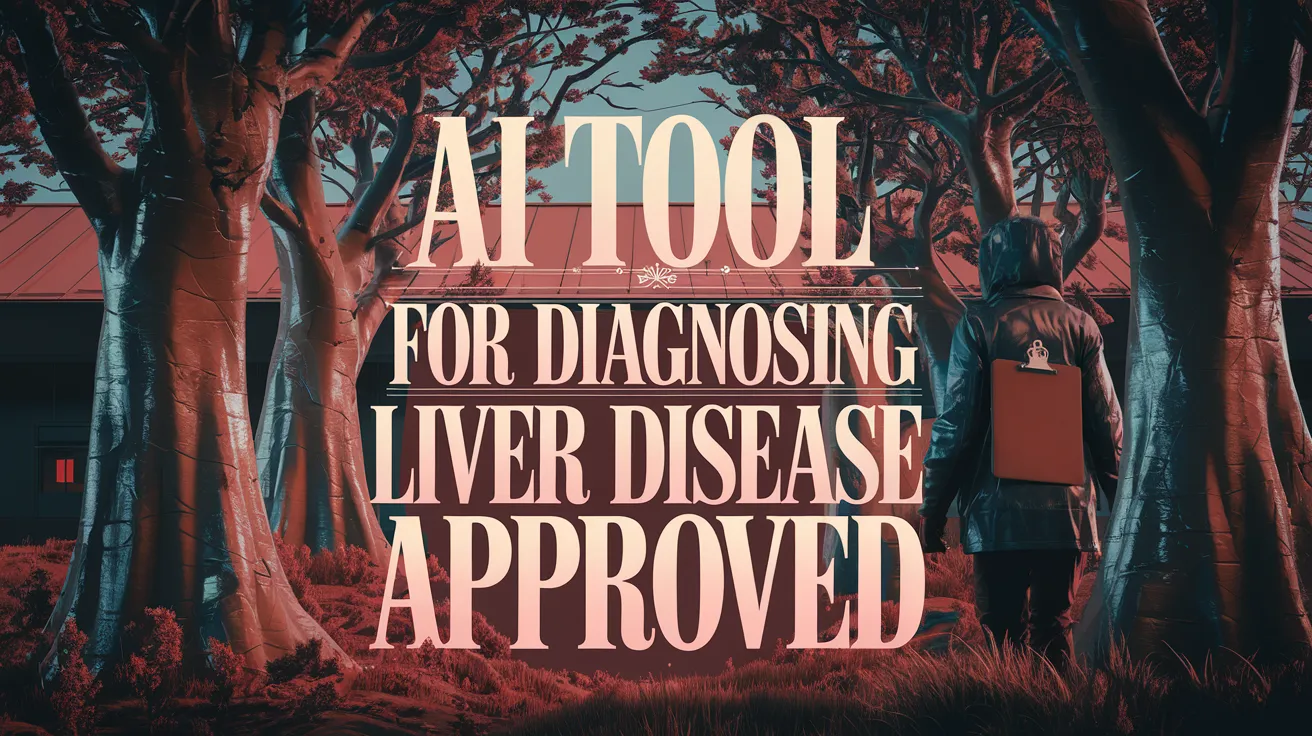AI Tool for Diagnosing Liver Disease Approved

The European Medicines Agency (EMA) has made a significant advancement in the healthcare sector by qualifying the first artificial intelligence (AI) tool designed to diagnose inflammatory liver disease. Dubbed AIM-NASH, this innovative tool has been approved by EMA’s Committee for Human Medicinal Products (CHMP) as a reliable method for evaluating the severity of *metabolic dysfunction associated steatohepatitis* (MASH) in liver biopsy samples during clinical trials.
MASH, previously known as non-alcoholic steatohepatitis (NASH), is a condition characterized by fat accumulation in the liver, which leads to inflammation and scarring without significant alcohol consumption or other causes of liver damage. The rising prevalence of MASH is alarming, especially as it is associated with obesity, type 2 diabetes, and other metabolic disorders. Left untreated, MASH can progress to advanced liver disease, underscoring the urgent need for effective treatment options.
AIM-NASH aims to enhance the accuracy and efficiency of clinical trials for new MASH therapies by minimizing variability in measuring disease activity, particularly inflammation and fibrosis. CHMP’s Qualification Opinion signifies that evidence generated using AIM-NASH can now be regarded as scientifically valid in regulatory applications, facilitating a faster pathway to new treatment approvals.
The systematic approach employed in the evaluation of AIM-NASH is commendable. Clinical trials for new MASH treatments traditionally involve liver biopsies, the current gold standard for confirming inflammation and scarring. However, the high variability in assessments among pathologists frequently complicates these studies. AIM-NASH seeks to alleviate this issue by providing more consistent readings, as shown in the evidence submitted to CHMP. Preliminary results indicated that the tool can effectively ascertain MASH disease activity with less variability than current practices that depend on consensus from multiple pathologists.
AIM-NASH operates on a machine learning model trained with over 100,000 annotations from 59 pathologists who assessed more than 5,000 liver biopsies across nine significant clinical trials. Importantly, the AI system is ‘locked,’ meaning its machine learning parameters cannot be altered. While this ensures stability in trial assessments, it also prompts discussions on the necessity of future optimizations, which may require formal re-qualification.